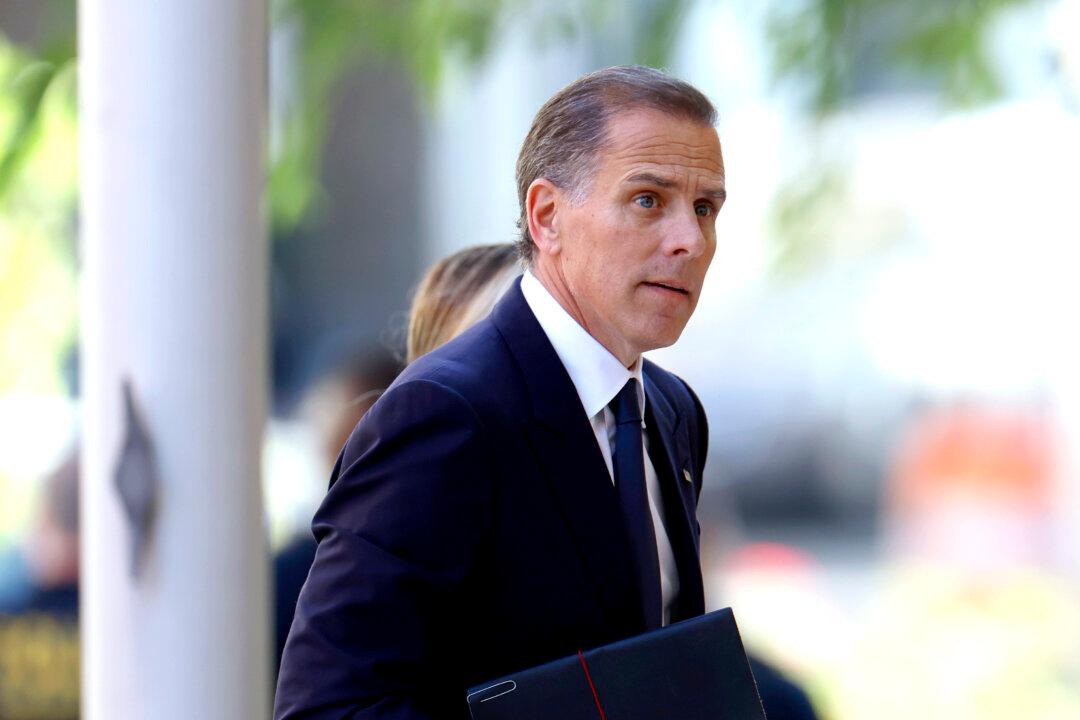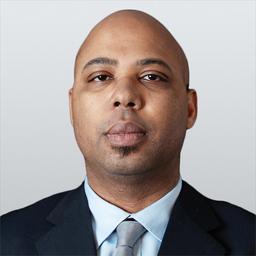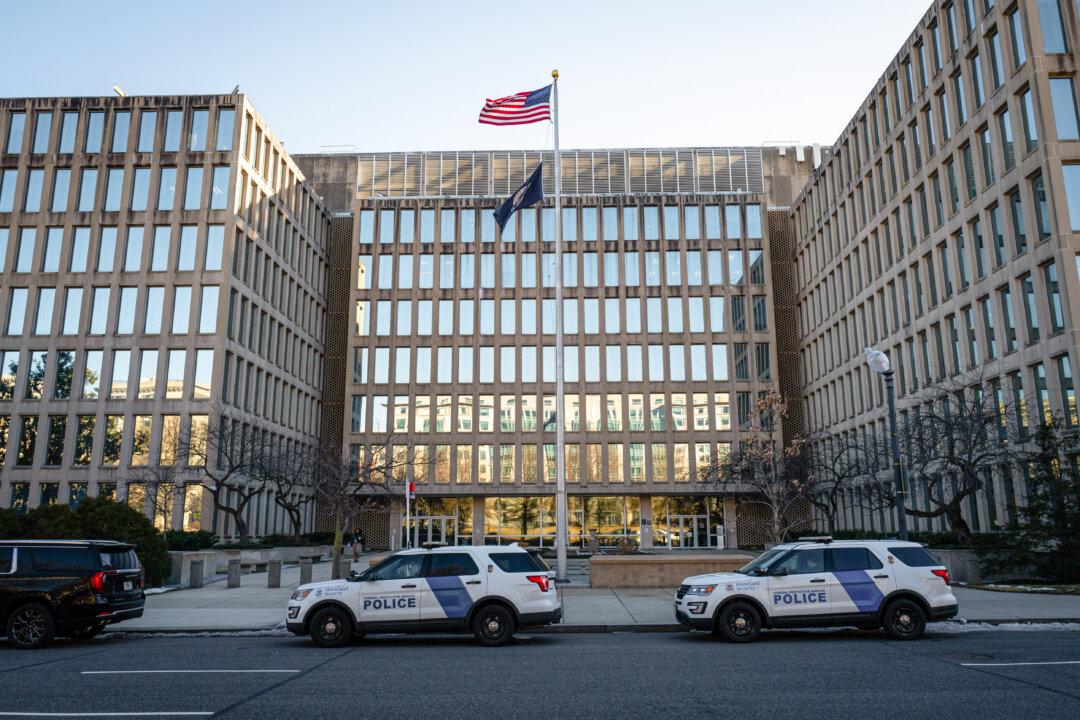WILMINGTON, Del.—Jurors heard opening arguments in the federal gun case for President Joe Biden’s son Hunter on June 4, with prosecutors focusing on self-admissions of drug use and bank statements they say implicate Mr. Biden in the alleged crime.
Prosecutors argue that Mr. Biden was, by his own admission, actively using crack cocaine between 2015 and 2019 when the firearm purchase was made and, therefore, lied on his federal application form. They also scrutinized pages of bank statements that show he withdrew roughly $399,000 in cash in 2018 alone.






